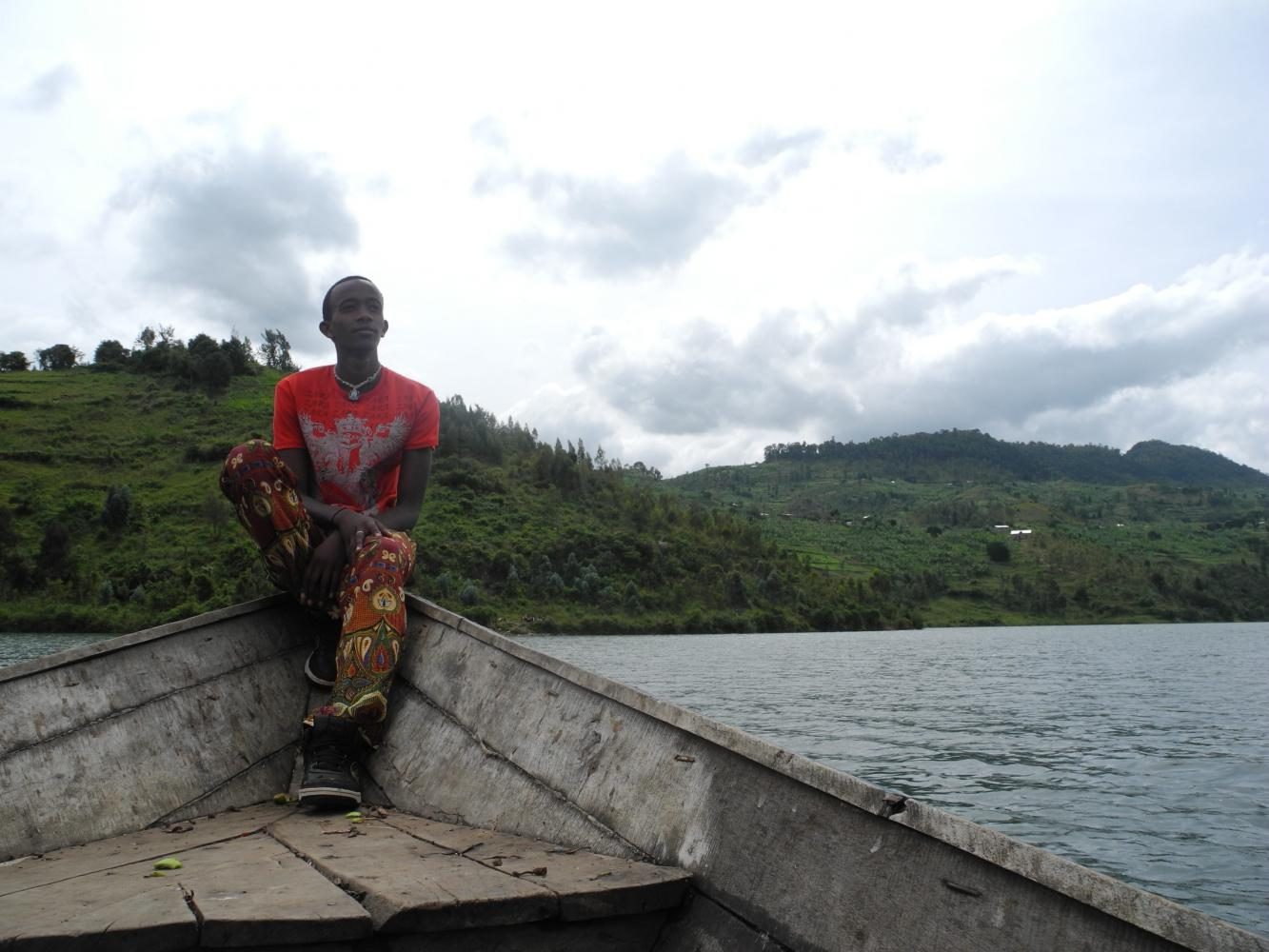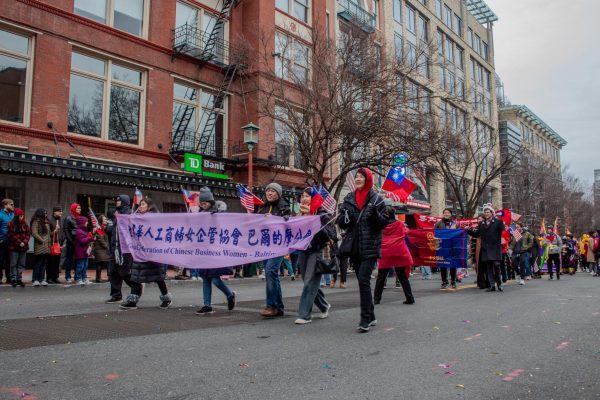A Voice of Rwandan Street Children
The Student Organization for African Studies at American University had invited 20-year-old Mutabazi. He shared his story of struggle and triumph.
“It really made me reconsider our lifestyle in America,” said Laura Gorecki, a freshman studying in the School of International Service. “We take everything for granted.”
When Mutabazi was 1-year-old, his twin brother and father were killed in the “Rwandan genocide”:http://news.bbc.co.uk/2/hi/world/africa/1288230.stm, which was caused primarily by ethnic tensions in the region. After struggling to survive alongside his mother in poverty, he chose to leave home and live on the street, where kids “take drugs to survive,” he said. As a street kid, he switched between sleeping under bridges and sleeping in jail cells. Although life was not easy, he said that he does not regret anything he has been though.
Mutabazi said he does not want people to define his country by the genocide. Instead, he said he hopes that they recognize the progress his country has made since then, such as becoming the safest country in Eastern Africa. He urged everyone to visit the Republic of Rwanda.
Mutabazi said that he is thrilled to visit the United States. He mentioned how in his country, people see a plane fly up into the sky and they think it is going “to America…to heaven.” Adjusting to American culture for his trip has been a challenge for him, though, from using elevators to enjoying the food. “Food is everywhere,” Mutabazi said.
Mutabazi said he hopes to study filmmaking at a university in the United States but is not sure where he will choose to live for the long-term. He said he plans to travel the world with his future wife—once he finds her— and then “pick a place” to settle down together.
Regardless of where he ends up, he said all he wants is for his mother to be proud of him, like she is now. Mutabazi said he expects that a crowd of people will be waiting for him back at the airport in Rwanda, eager to hear about his trip to the United States.












